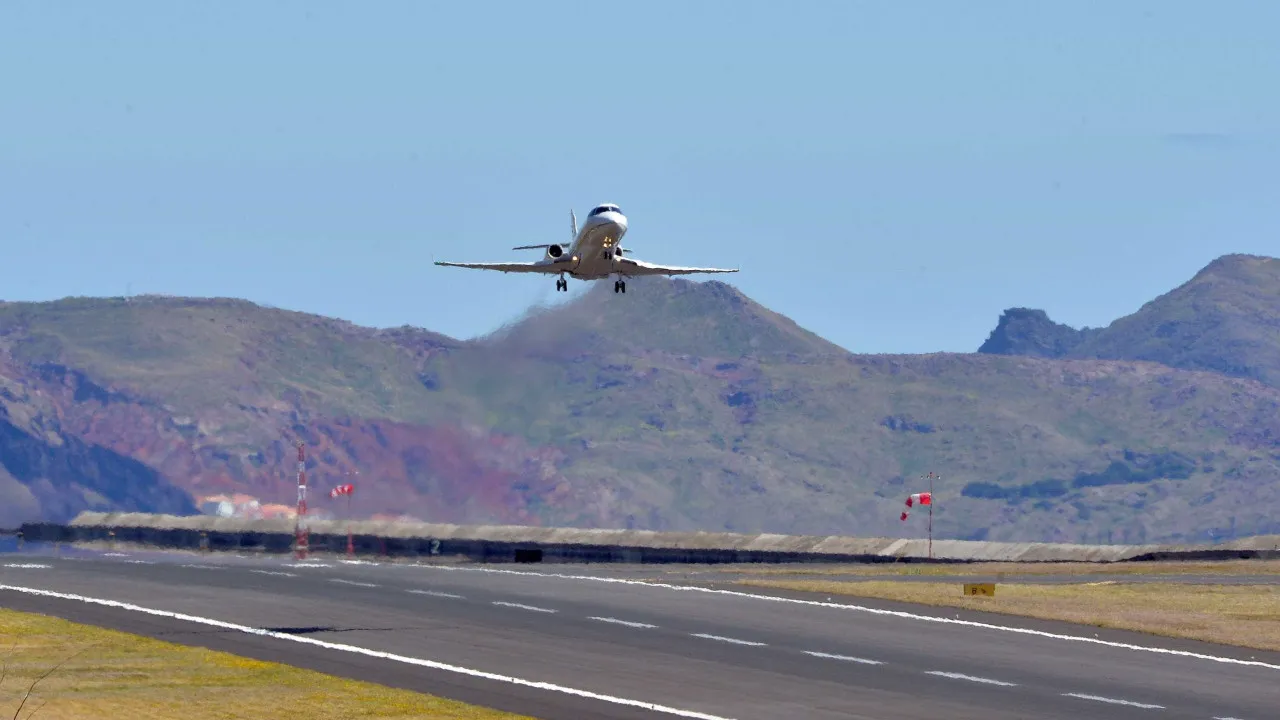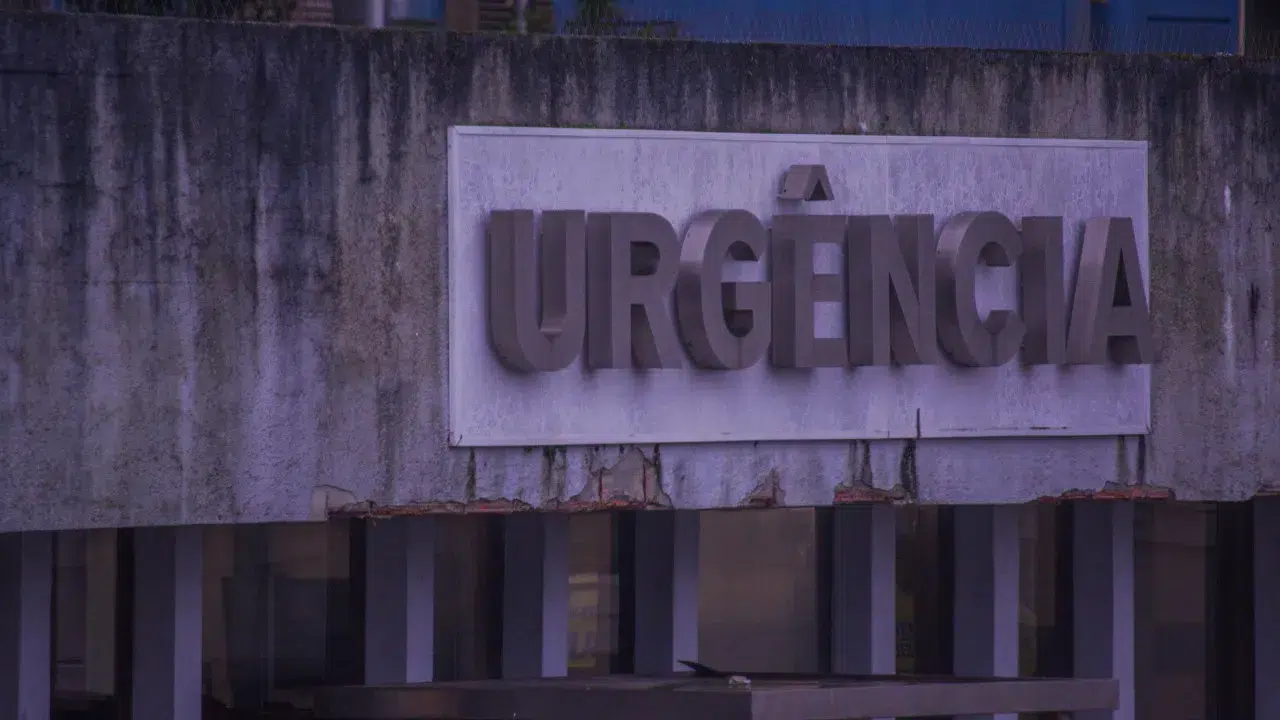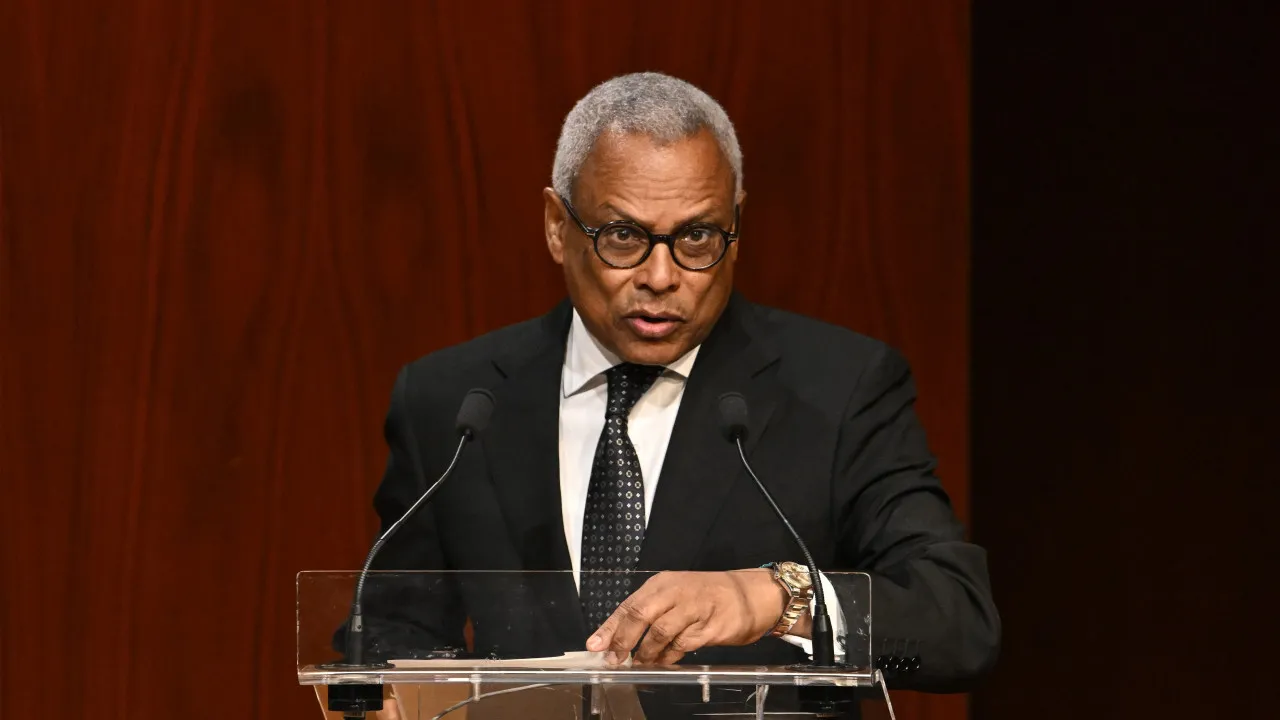
Portugal is set to go to the polls once again on May 18, with the country’s two main political parties having unveiled their candidate lists by electoral district for the upcoming legislative elections. The key figures chosen by the AD – PSD/CDS Coalition and the PS to lead their district campaigns are now in the public eye.
The Coalition, which has been in power over the past year, has appointed eleven of its ministers as leading candidates, featuring Luís Montenegro in Aveiro. This district will witness a critical contest as Pedro Nuno Santos, the Secretary-General of the PS, reprises his role as the leading candidate for the socialists there.
Moving on to 2024, the PSD has repeated nine top candidates across 20 announced districts, maintaining its strategy in Beja, Braga, Bragança, Coimbra, Guarda, Setúbal, Viana do Castelo, Viseu, and outside Europe.
Who leads the lists for the AD?
The AD – PSD/CDS Coalition announced the Minister of Economy, Pedro Reis, as the head candidate for Castelo Branco, while the Minister of Justice, Rita Alarcão Júdice, leads in Coimbra.
Meanwhile, the Minister of Finance, Joaquim Miranda Sarmento, heads the list for Lisbon, and the Minister of the Presidency, António Leitão Amaro, is set to compete in Viseu.
The Minister of State and Foreign Affairs, Paulo Rangel, represents the Porto district, with Ana Paula Martins, the Minister of Health, leading in Vila Real.
The Agriculture Minister, José Manuel Fernandes, runs in the European district, and the Minister of Environment, Maria Graça Carvalho, tops the list in Faro.
The Youth Minister, Margarida Balseiro Lopes, leads the Leiria race, while the Minister of Territorial Cohesion, Manuel Castro Almeida, runs in Portalegre. The Education Minister, Fernando Alexandre, is the front-runner in Santarém.
The President of the Assembly of the Republic, José Pedro Aguiar-Branco, heads the PSD list for Viana do Castelo, as in the 2024 Legislative elections. PSD Secretary-General and Parliamentary Leader Hugo Soares recaptures his candidacy for Braga.
Hernâni Dias, after stepping down as Secretary of State for Local Administration and Spatial Planning amid controversy, returns leading the Bragança list.
Repeating candidates include Gonçalo Valente for Beja, José Cesário beyond Europe, Dulcineia Moura for Guarda, and Teresa Morais for Setúbal.
Francisco Figueira steps into the lead for Évora, replacing Sónia Ramos, who is focusing on a local election in Estremoz.
District by district:
- Aveiro – Luís Montenegro
- Beja – Gonçalo Valente
- Braga – Hugo Soares
- Bragança – Hernâni Dias
- Castelo Branco – Pedro Reis
- Coimbra – Rita Alarcão Júdice
- Évora – Francisco Figueira
- Faro – Maria Graça Carvalho
- Guarda – Dulcineia Moura
- Leiria – Margarida Balseiro Lopes
- Lisboa – Joaquim Miranda Sarmento
- Portalegre – Manuel Castro Almeida
- Porto – Paulo Rangel
- Santarém – Fernando Alexandre
- Setúbal – Teresa Morais
- Viana do Castelo – José Pedro Aguiar-Branco
- Vila Real – Ana Paula Martins
- Viseu – António Leitão Amaro
- Região Autónoma dos Açores – Paulo Moniz
- Região Autónoma da Madeira – Pedro Coelho
- Europa – José Manuel Fernandes
- Fora da Europa – José Cesário
And the names from the PS…
The Socialist Party enters these elections with 12 changes among its 22 lead candidates compared to the previous elections.
Their list features deputy Pedro Delgado Alves for Coimbra, with socialist leader Pedro Nuno Santos again positioned at the forefront in Aveiro and Mariana Vieira da Silva in Lisbon.
For Santarém, previously headed by Alexandra Leitão, who is now a candidate for the Lisbon mayoralty, the selection falls to Parliament Vice-President Marcos Perestrello.
Setúbal’s list is led by deputy and former Secretary of State António Mendonça Mendes, taking over from now MEP Ana Catarina Mendes.
Returnees from the last elections include vice parliamentary leader and former minister Marina Gonçalves (Viana do Castelo), former parliamentary leader Eurico Brilhantes Dias (Leiria), former Secretary of State Nuno Fazenda (Castelo Branco), Luís Dias (Évora), Jamila Madeira (Faro), Francisco César (Azores), and Elza Pais (Viseu).
Vila Real now sees Rui Santos, current mayor, leading the list, and the list for Guarda is led by Aida Carvalho, Chair of the Board of Côa Parque Foundation.
Changes in Bragança place the Mirandela mayor, Júlia Rodrigues, at the forefront. Beja sees Pedro do Carmo returning and Portalegre witnesses the return of former deputy Luís Moreira Testa.
Among the new entries is Madeira, where Emanuel Câmara, the current Porto Moniz mayor, replaces Paulo Cafôfo following his recent electoral defeat in Madeira’s regional elections.
The emigration circles have undergone changes with Emília Ribeiro now a candidate for Europe and Vitor Silva for beyond Europe.
The Socialist Party’s list approval was not without controversy. Deputy Sérgio Sousa Pinto, placed fourth on the list for Lisbon endorsed by the National Political Commission, communicated his decision to withdraw his candidacy to the PS Secretary-General this Thursday morning, confirmed a party leadership source to Lusa.
District by district:
- Aveiro – Pedro Nuno Santos
- Beja – Pedro do Carmo
- Braga – José Luís Carneiro
- Bragança – Júlia Rodrigues
- Castelo Branco – Nuno Fazenda
- Coimbra – Pedro Delgado Alves
- Évora – Luís Dias
- Faro – Jamila Madeira
- Guarda – Aida Carvalho
- Leiria – Eurico Brilhante Dias
- Lisboa – Mariana Vieira da Silva
- Portalegre – Luís Moreira Testa
- Porto – Fernando Araújo
- Santarém – Marcos Perestrello
- Setúbal – António Mendonça Mendes
- Viana do Castelo – Marina Gonçalves
- Vila Real – Rui Santos
- Viseu – Elza Pais
- Região Autónoma dos Açores – Francisco César
- Região Autónoma da Madeira – João Emanuel Silva Câmara
- Europa – Emília Ribeiro
- Fora da Europa – Vítor Silva
It is noteworthy that the setting of the early legislative elections for May 18 establishes a deadline for the submission of candidate lists by April 7, with the official campaign period running from May 4 to May 16.




